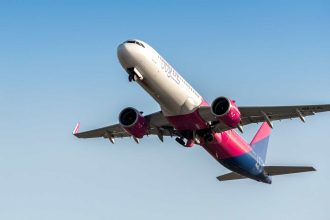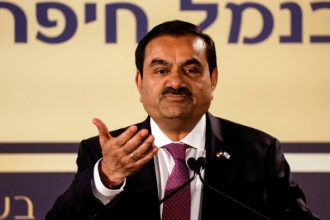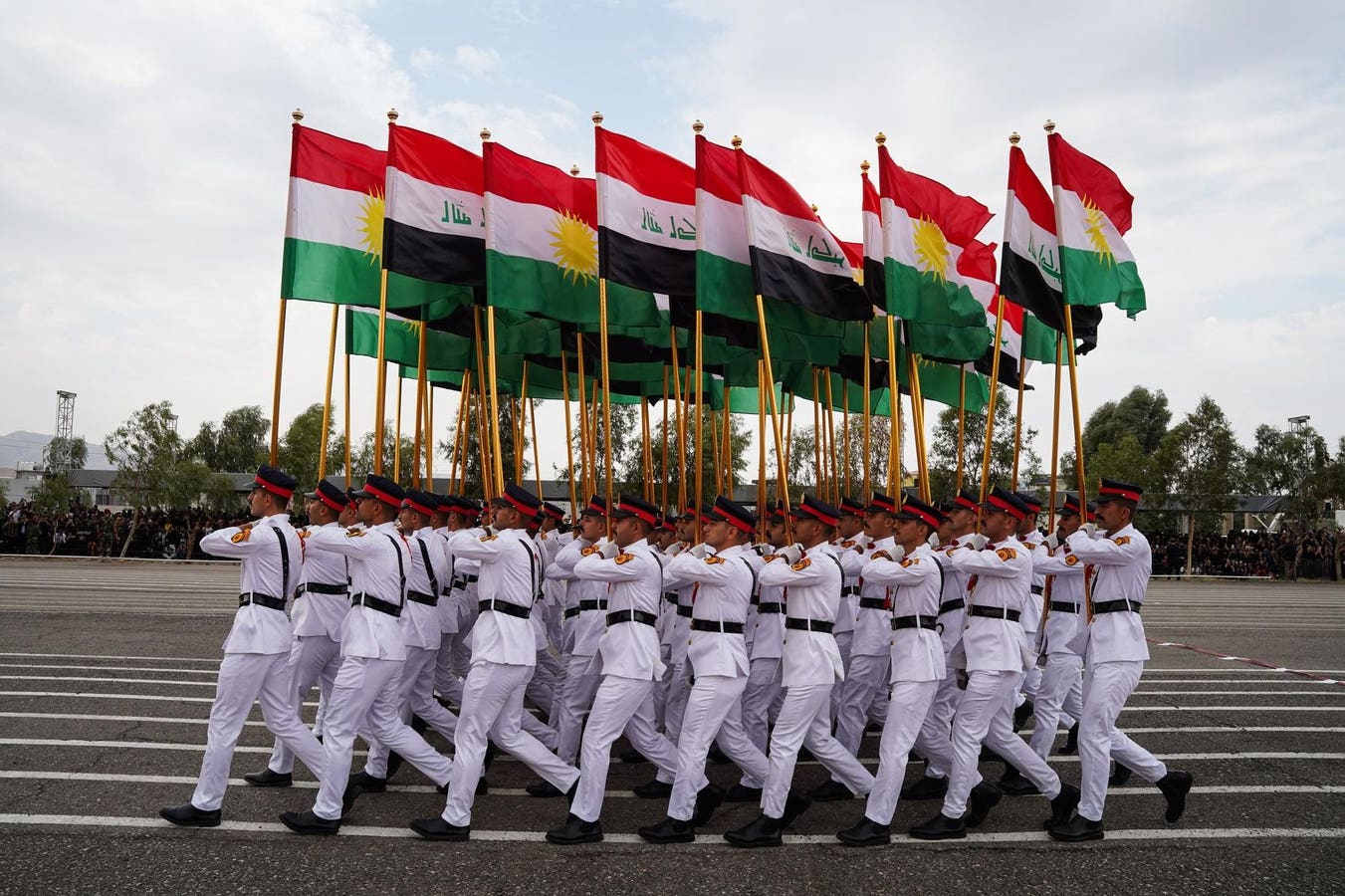Iraqi officials are again voicing their opposition over armaments in the Peshmerga’s arsenal in light of a rare U.S. transfer of towed artillery to the Kurdish forces. As with previous criticism of the Peshmerga’s possession of Soviet-era military hardware over a decade ago, this latest criticism is overstated and unfounded.
“Peshmerga is not a threat; Peshmerga is a defender of Iraq, Kurdistan, and humanity,” Kurdish President Nechirvan Barzani told a graduating ceremony of Peshmerga officers on October 17.
In his speech, Barzani also said that the autonomous Kurdish region expects “Iraq to fulfill its legal obligations to support and arm the Peshmerga” since these forces are part of Iraq’s defenses.
The Kurdish president made this remark following public criticism by some in Iraq over the U.S. transfer of lightweight 105 mm M119 howitzers to the Peshmerga in August, including calls for Baghdad to confiscate the heavy weapons.
The former speaker of Iraq’s parliament, Mohammed al-Halbousi, voiced his opposition to arming local forces with heavy weaponry in mid-September, insisting such weapons “should be exclusively in the hands of the Iraqi army.”
While he did not explicitly mention the Peshmerga, Halbousi was undoubtedly alluding to the August transfer. He claimed such weaponry could fuel ethnic conflicts in places such as Kirkuk, one of the so-called disputed territories between federal Iraq and autonomous Kurdistan.
Iraq’s defense ministry subsequently confirmed that a previous Iraqi government had approved the transfer years ago, meaning the U.S. did not sidestep Baghdad when delivering them in August. Washington always awaits Baghdad’s approval before transferring arms to the Peshmerga, and Baghdad has often blocked equipment such as drones. It may well do the same regarding air defenses the U.S. was expected to supply, another capability the Peshmerga sorely lacks as it faces increasing threats from weaponized militia drones.
The fundamental point that criticisms like that of Halbousi miss is that a better-armed Peshmerga could actually enhance Iraq’s security rather than undermine it. A decade has passed since the vicious Islamic State, ISIS, militant group rampaged across northern Iraq uncontested after the Iraqi Army melted away. If it wasn’t for the Peshmerga, ISIS could well have overrun Kirkuk, its oilfields, and all those disputed territories Halbousi mentioned with relative ease, just as it had infamously done in Mosul.
It’s worth remembering that the United States began its air campaign against Islamic State in August 2014 when the group attacked Iraqi Kurdistan. In light of the current artillery controversy, it’s somewhat ironic that the first American airstrike against the jihadi group occurred outside the Iraqi Kurdish capital city, Erbil, when U.S. Navy F/A-18 jets destroyed a towed artillery piece. The Iraqi Army had likely left it behind when it withdrew from Mosul, enabling ISIS to capture it and attempt to use it against Kurdistan.
The Peshmerga had a lamentable lack of heavy weapons at its disposal to defend its region against ISIS and eventually roll back much of the group’s enormous territorial conquests. The Kurdish forces started the war with little more than vintage Soviet-era T-55 tanks captured from Saddam Hussein’s crumbling army in 2003 and some old artillery pieces from the same period, museum pieces for a modern war.
The year before ISIS’s infamous takeover, Iraq filed a lawsuit against then-prime minister Barzani and the Peshmerga minister over the region’s possession of these weapons, which, given their age and poor condition, were described as “out of service” or even “scrap.” That was at a time when Iraq was rebuilding its army after years of war and receiving modern weapons, like U.S.-built M1A1 Abrams tanks, none of which it shared with the Kurdish forces.
The Peshmerga holding the northern front with the critical support of the U.S.-led coalition proved vital for Iraq’s victory over the self-styled ISIS caliphate established on its soil. Iraqi Army-Peshmerga cooperation in 2016 at the beginning of the Battle of Mosul was hailed as “historic” by the Kurdish leadership. Even when the Iraqi Kurds held an independence referendum the following year, its leadership vowed it would continue anti-ISIS cooperation with the Iraqi Army, even if Iraqi Kurdistan ultimately seceded.
When Iraq cracked down on Iraqi Kurdistan immediately after the referendum, closing down its international airports and pushing the Peshmerga out of Kirkuk and the rest of the disputed territories, it undone much of this progress overnight. In one infamous case, the Peshmerga destroyed an Iraqi M1 used by Iran-backed militias against them. The documented use of Iraqi Army M1s by these militias resulted in the tank’s manufacturer, General Dynamics, withdrawing crucial technical support from Iraq, briefly undermining the army’s firepower.
If anything, that was an apt example of the dangers for Iraq’s security of letting certain groups operate heavy weaponry.
While officially part of the Iraqi armed forces and paid as such, many of these powerful militias, initially organized under the umbrella of the Popular Mobilization Units to combat ISIS in 2014, are loyal first and foremost to Iran. They have also built up a much vaster arsenal than the Peshmerga has ever had, including drones, cruise missiles, and even short-range ballistic missiles. They have fired several of the former at Israel during the present Middle East war, in one case killing Israeli soldiers. Such attacks run the risk of dragging Iraq into this ongoing regional conflict, which most Iraqis do not want.
Meanwhile, the Peshmerga is continuing anti-ISIS cooperation with the Iraqi Army in the disputed territories. They are currently working together to plug the security gaps that have existed between them since 2017, which ISIS remnants have repeatedly exploited. The constructive cooperation is another example of how the Peshmerga is a factor in Iraq’s stability and contributes to its security.
Consequently, Peshmerga troops operating in joint brigades with the Iraqi Army against ISIS in the disputed territories should have access to some of the more advanced equipment operated by the Iraqi Army, such as tanks and artillery. Iraq is reportedly finalizing a deal with France to supply self-propelled Caesar howitzers, a much more advanced and powerful weapon than anything in the Peshmerga’s current inventory.
At the very least, Baghdad should not oppose or hinder the U.S. from supplying drones or anything else that would enhance the Kurdish force’s capabilities against ISIS and bolster Iraqi Kurdistan’s security against other threats like drones and rockets. Short-range air defenses are essential for protecting critical infrastructure in Iraqi Kurdistan, such as the Khor Mor gas field, from attack. If Iraq cannot or isn’t willing to help the Peshmerga defend them or supply the necessary weapons for Kurdistan to do it by itself, it at least shouldn’t prevent others from doing so.
Washington’s willingness time and again to provide full transparency on what exactly it’s supplying Erbil leaves Baghdad with little justification to halt future transfers of weaponry required to combat specific threats.
The M119 delivery is anything but a game-changer. It is barely a blip on the radar compared to the heavier and more advanced weaponry in Iraq’s arsenal. Rather than condemn such transfers, Iraqi officials and politicians should recognize that a well-armed Peshmerga isn’t antithetical to the national interest. In many ways, it could very well be in it.
Read the full article here





